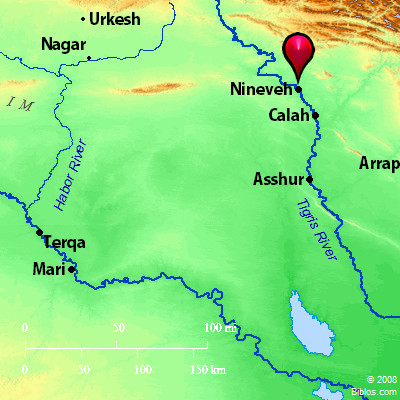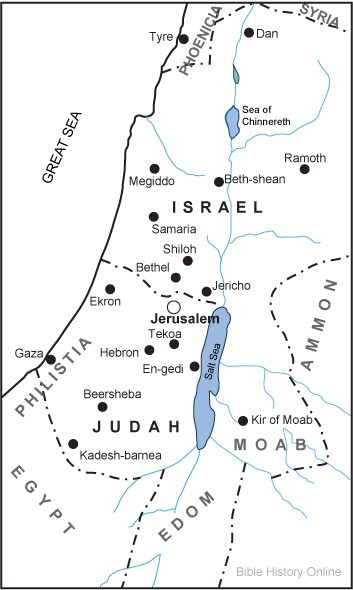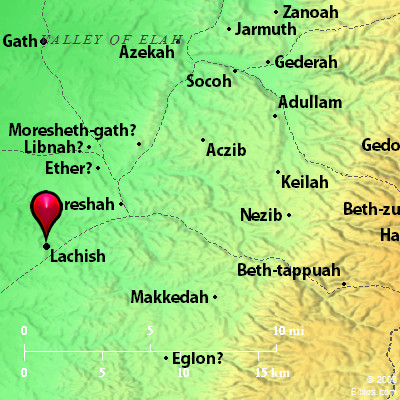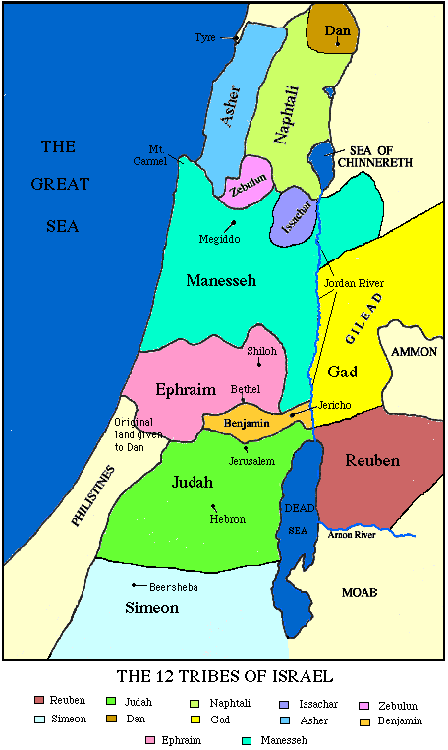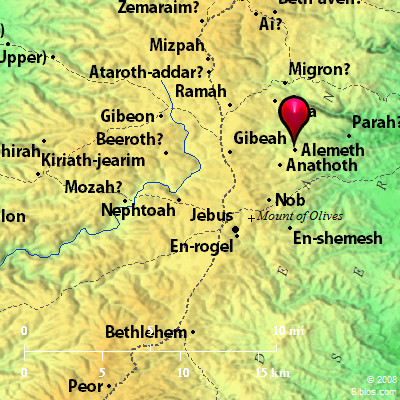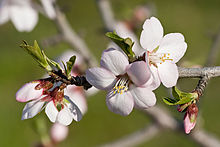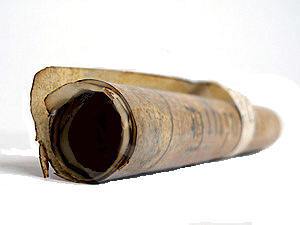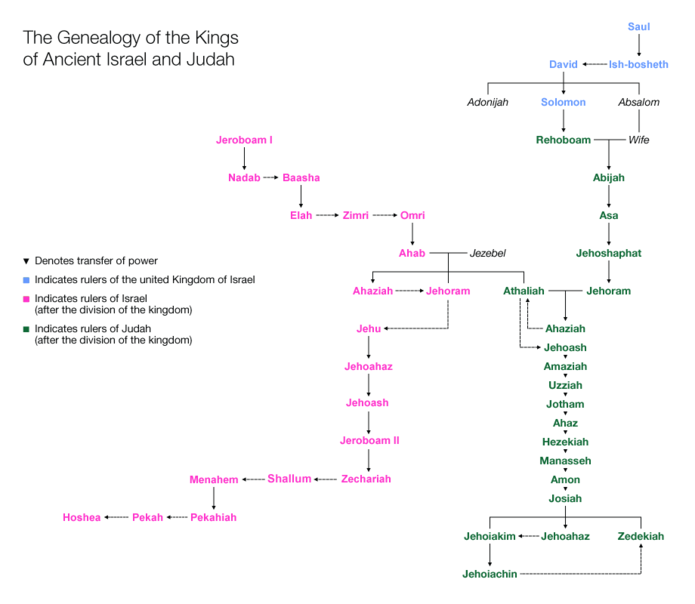Greetings,
In coming months I hope to present a series on the life of Josiah, who being a child-King grew to a mature leader in Israel. Although being a progressive study please feel obliged to add comments as required.
My aim is to better understand his life and consider him from a number of perspectives:
(1) Learn more about the historical background of the times
(2) Better understand the position and teaching of the prophets who ministered during the reign of the boy-king
(3) To consider Josiah’s character during a dark part of Israel’s history
(4) See what lessons we can learn and apply in our own lives
(5) And finally, gain a heavenly perspective of God’s view of this period of history and the life of Josiah.
In reading the life of Josiah I have found this to be a dramatic period in Israel’s history with the overarching lesson that teaches me the need for His people (us) to enthusiastically follow God through the direction of a wise and true leader.
Unfortunately, we find that time and time again the nation rebelled, and in the days of Josiah they too were not prepared to do truely follow a righteous King.
In coming months I hope to present a series on the life of Josiah, who being a child-King grew to a mature leader in Israel. Although being a progressive study please feel obliged to add comments as required.
My aim is to better understand his life and consider him from a number of perspectives:
(1) Learn more about the historical background of the times
(2) Better understand the position and teaching of the prophets who ministered during the reign of the boy-king
(3) To consider Josiah’s character during a dark part of Israel’s history
(4) See what lessons we can learn and apply in our own lives
(5) And finally, gain a heavenly perspective of God’s view of this period of history and the life of Josiah.
In reading the life of Josiah I have found this to be a dramatic period in Israel’s history with the overarching lesson that teaches me the need for His people (us) to enthusiastically follow God through the direction of a wise and true leader.
Unfortunately, we find that time and time again the nation rebelled, and in the days of Josiah they too were not prepared to do truely follow a righteous King.


